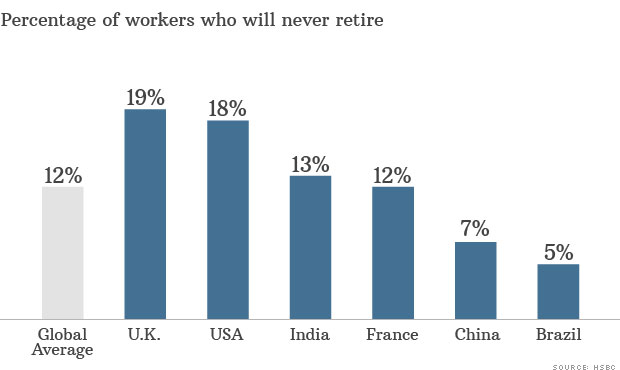Neubarth
At the Ballpark July 30th
The Mexican Mafia has made it possible for thousands of Illegals to draw Social Security. Consider Carlos Gutierrez who is 56 and lives a few blocks from me. He was an illegal thirty years ago. After about a year in the United States he went to the Mexican Mafia bar in the Mexican part of town and put a thousand dollars down on his new name and birth certificate proof of citizenship. He became Hans Inkstadt, born in Minnesota to two immigrant Scandinavian parents, who was seven years old when Carlos was born.
You see, Hans died as a child and his parents never filed for a Social Security Card for him. So, the Mexican Mafia paid for an official copy of Hans' birth certificate and sold it to Carlos for one grand. They make a lot of money doing that.
Carlos, shortly after buying that certificate, used that birth certificate and a new driver's license to apply for a Social Security card while he was in Texas.
Ever since, for the past quarter of a century he has applied for his jobs as Carlos Hans Inkstadt Gutierrez and earned his Social Security which he has been drawing since he was 55.
Damn good system that the Mexican Mafia has for illegals. They get to retire at an early age and enjoy life.
You see, Hans died as a child and his parents never filed for a Social Security Card for him. So, the Mexican Mafia paid for an official copy of Hans' birth certificate and sold it to Carlos for one grand. They make a lot of money doing that.
Carlos, shortly after buying that certificate, used that birth certificate and a new driver's license to apply for a Social Security card while he was in Texas.
Ever since, for the past quarter of a century he has applied for his jobs as Carlos Hans Inkstadt Gutierrez and earned his Social Security which he has been drawing since he was 55.
Damn good system that the Mexican Mafia has for illegals. They get to retire at an early age and enjoy life.
Last edited:


